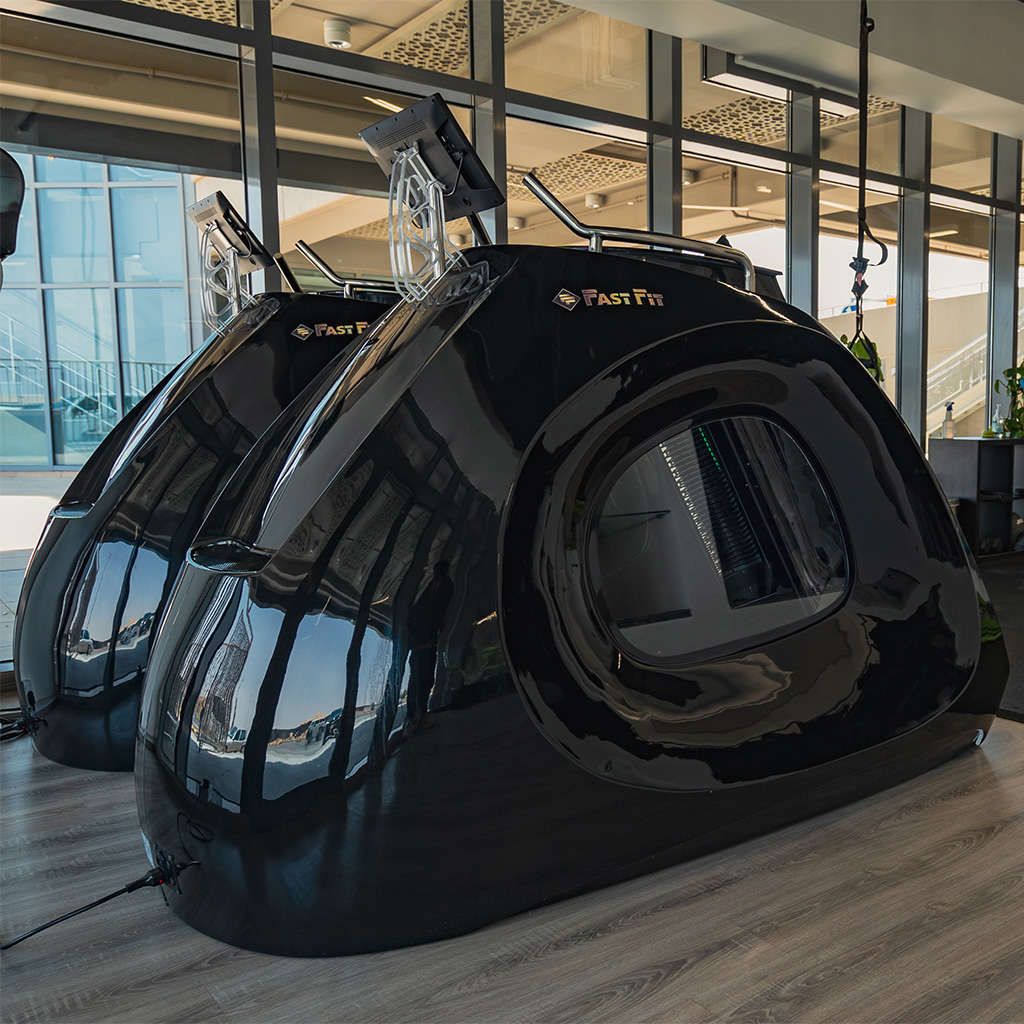
Quick Links
Support
Information
- Fast Fit EMS is a company that prioritizes environmental considerations and endeavors to safeguard planet Earth.
Card
Payment Methods






Electrical Muscle Stimulation (EMS) training, while generally considered safe for most individuals, does have certain contraindications that should be taken into account. It’s important to note that individual health conditions can vary, and it’s recommended to consult with a healthcare professional before starting any new fitness program, especially one involving EMS.
While there are studies examining the safety and efficacy of Electrical Muscle Stimulation (EMS) training, the research on specific contradictions is limited, and the available evidence may vary. Contraindications for EMS are often based on theoretical considerations, practical experience, and analogies to related fields.
Below are common absolute and relative contraindications associated with EMS training.
EMS involves the use of electrical impulses to stimulate muscle contractions. Individuals with cardiac pacemakers may be at risk due to potential interference with the device’s functioning.
Studies have indicated that EMS training is generally safe for individuals without cardiac pacemakers. However, specific research on the impact of EMS on pacemakers may be limited.
People with severe cardiovascular diseases or a history of heart attacks may be at risk during EMS training, as it can place an additional load on the cardiovascular system.
Studies on the cardiovascular effects of EMS exist, but there may be limited data on individuals with severe cardiovascular diseases.
EMS can trigger muscle contractions through electrical impulses, and individuals with seizure disorders may be at an increased risk of experiencing seizures during training. The potential for triggering seizures during EMS is a known concern, but comprehensive studies on this specific issue may be limited.
While there’s limited evidence on the effects of EMS during pregnancy, it’s generally recommended to avoid it due to potential risks, especially during the first trimester. Research on EMS during pregnancy is relatively scarce, and caution is often advised due to potential unknown risks.
Individuals with severe neurological disorders, such as multiple sclerosis, may be more susceptible to adverse effects during EMS training. Limited research may be available on the safety and efficacy of EMS in individuals with severe neurological disorders.




EMS involves the placement of electrodes on the skin. Individuals with open wounds, skin infections, or dermatological conditions may experience discomfort or worsen their condition.
Metal implants may conduct electrical impulses differently, and individuals with extensive metal implants may experience discomfort or uneven stimulation.
While evidence is inconclusive, individuals with active cancer or malignant tumors may be advised to avoid EMS training due to concerns about increased blood flow to tumors.
EMS-induced muscle contractions may exacerbate existing hernias or increase the risk of developing new ones.
Individuals who have recently undergone surgery may need to wait until they are fully healed before engaging in EMS training to avoid potential complications.
NOTE: These contradictions are copyrights and cannot be used without proper authorization.

























